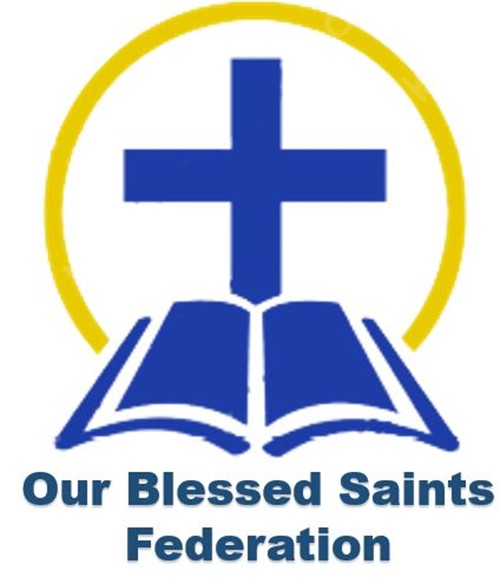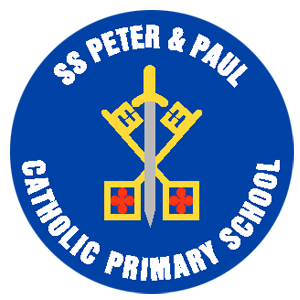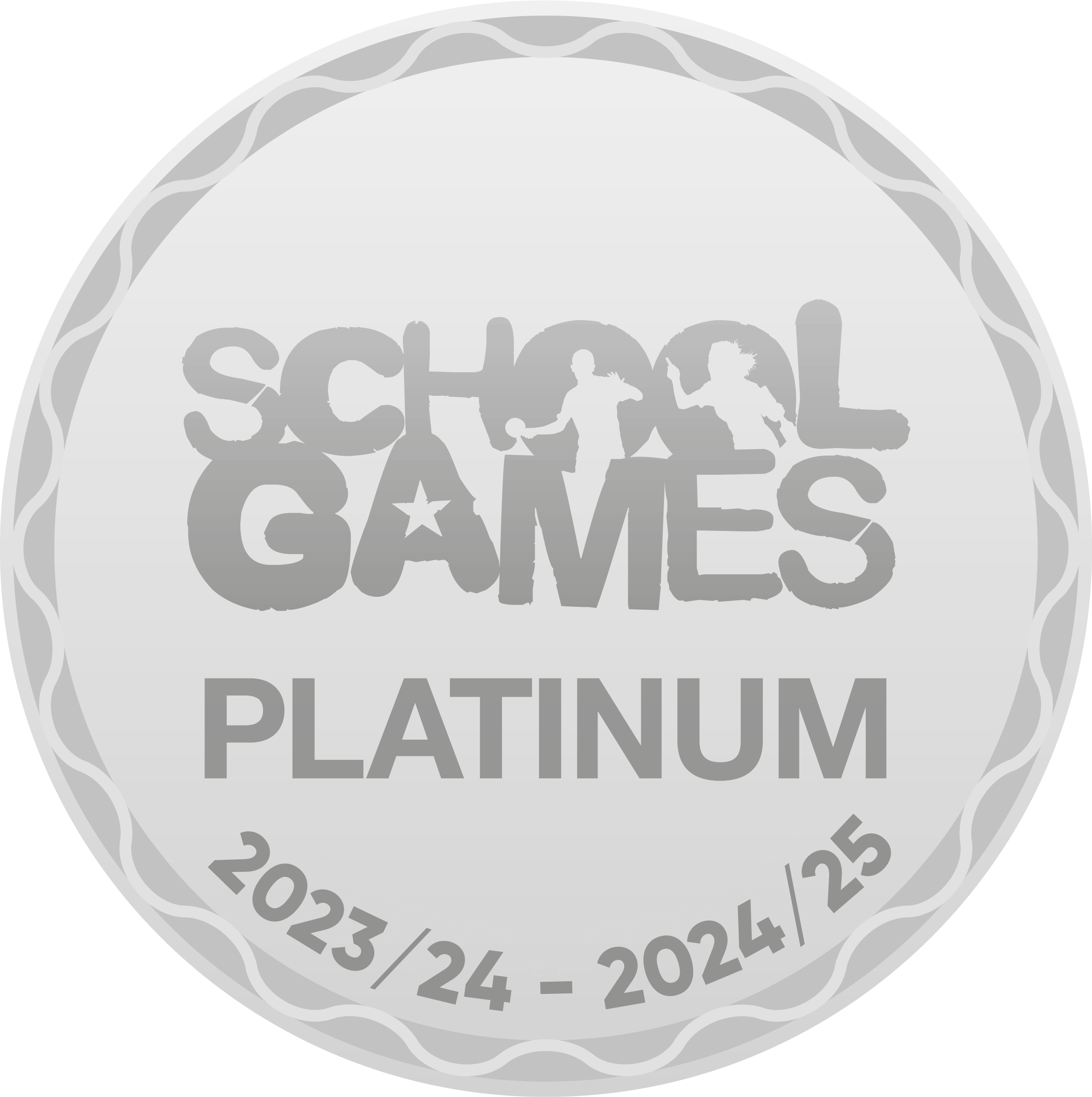GEOGRAPHY at SSPP
 Our Geography teaching is designed to stimulate the children’s interest and develop their understanding about the world, both in Britain and the wider world. Pupils consider how their locality is similar and different to other localities both near and far, and how beliefs and cultures vary around the world. Such studies should help the children to understand more about themselves as individuals and members of society.
Our Geography teaching is designed to stimulate the children’s interest and develop their understanding about the world, both in Britain and the wider world. Pupils consider how their locality is similar and different to other localities both near and far, and how beliefs and cultures vary around the world. Such studies should help the children to understand more about themselves as individuals and members of society.
Intent
At SSPP, we want our children to be fascinated about the world and the people in it. Their curiosity should last the rest of their lives. Our children should know about the diversity of places, people and natural and human environments. They should also understand physical and human processes of the planet Earth.
The curriculum is designed to ensure that teaching equips pupils with knowledge about diverse places, people, resources and natural and human environments, together with a deep understanding of the Earth’s key physical and human processes. As pupils progress through the school, their growing knowledge about the world helps them to deepen their understanding of the interaction between physical and human processes, and of the formation and use of landscapes and environments. Geographical knowledge and skills are progressive and are sequenced to provide the framework and approaches that provide explanation of how the Earth’s features at different scales are shaped, interconnected and change over time. Skills and knowledge are interleaved and revisited as so to know more and remember more.
Characteristics of a Geographer
An excellent knowledge of where places are and what they are like.
An excellent understanding of the ways in which places are interdependent and interconnected and how much human and physical environments are interrelated.
An extensive base of geographical knowledge and vocabulary.
Fluency in complex, geographical enquiry and the ability to apply questioning skills and use effective analytical and presentational techniques.
The ability to reach clear conclusions and develop a reasoned argument to explain findings.
Significant levels of originality, imagination or creativity as shown in interpretations and representations of the subject matter.
Highly developed and frequently utilised fieldwork and other geographical skills and techniques.
A passion for and commitment to the subject, and a real sense of curiosity to find out about the world and the people who live there.
The ability to express well-balanced opinions, rooted in very good knowledge and understanding about current and contemporary issues in society and the environment.
National Curriculum
The objectives of teaching Geography in our school are to:
Offer a high-quality geography education that inspire in pupils a curiosity and fascination about the world and its people that will remain with them for the rest of their lives.
Equip pupils with knowledge about diverse places, people, resources and natural and human environments, together with a deep understanding of the Earth’s key physical and human processes.
Develop their growing knowledge about the world that will help them to deepen their understanding of the interaction between physical and human processes, and of the formation and use of landscapes and environments. Provide the Geographical knowledge, tools and approaches that explain how the Earth’s features at different scales are shaped, interconnected and change over time. The national curriculum for geography aims to ensure that all pupils;
Develop contextual knowledge of the location of places, seas and oceans, including their defining physical and human characteristics;
Understand the processes that give rise to key physical and human geographical features of the world, how these are interdependent and how they bring about spatial variation and change over time
Ensure pupils are competent in the geographical skills needed to:
collect, analyse and communicate with a range of data gathered through experiences of fieldwork that deepen their understanding of geographical processes
interpret a range of sources of geographical information, including maps, diagrams, globes, aerial photographs and Geographical Information Systems (GIS)
communicate geographical information in a variety of ways, including through maps and writing at length.
Implementation
Geography at SSPP is taught in blocks called mini-adventures throughout the year, so that children can achieve depth in their learning. Teachers have identified the key knowledge and skills of each mini-adventure and these are mapped across the school, ensuring that knowledge builds progressively and that children develop skills systematically. Existing knowledge is checked at the beginning of each adventure and each lesson through our big question, 'What do I need to recall and remember?'. This ensures that teaching is informed by the children’s starting points and that it takes account of pupil voice, incorporating children’s interests. Tasks are selected and designed to provide appropriate challenges to all learners and to develop independent working and confidence, in line with the school’s commitment to inclusion. At the end of each topic, key knowledge is reviewed by the children and rigorously checked by the teacher and consolidated as necessary.
Lessons are planned to promote different levels of learning. Questioning is used to promote different levels of thinking (evaluative, creative and innovative) and prompt recall in children, encouraging them to reach conclusions on their own.
The local area is fully utilised to achieve the desired outcomes, with extensive opportunities for learning outside the classroom embedded in practice.
Impact
Outcomes in our mini-adventure books, evidence a broad and balanced geography curriculum and demonstrate children’s acquisition of identified key knowledge relating to each of the identified national curriculum strands, as appropriate to key stage; locational knowledge, place knowledge and human and physical geography. This is in addition to the development and application of key skills, supported by fieldwork.
As children progress throughout the school, they develop a deep knowledge, understanding an appreciation of their local area and its place within the wider geographical context. Geographical understanding, as well as children’s spiritual, moral, social and cultural development is further supported by the school’s Catholic Ethos and links with CAFOD. This aspect of the work of the school is also supported through specific drives. These include ‘Language day’, where children consider the origins of the languages spoken across the school, and ‘Window on the World' in which they learn the origins of religions and cultures around the world and contributed by the school community in a celebration of the school community’s cultural diversity. Children learn about careers related to geography from members of the local and wider community, with specialist skills and knowledge (for example during science week, visitors that study land, soil and farming, Harper Adams links and Mountain rescue personnel) This ensures that they are well prepared for the next steps of their education and have aspirations from inspirational people.
Spiritual, moral, social and cultural development in Geography








